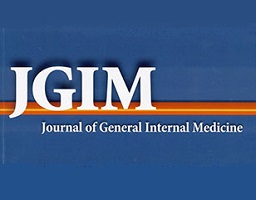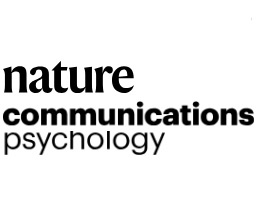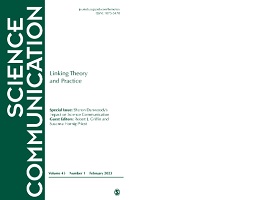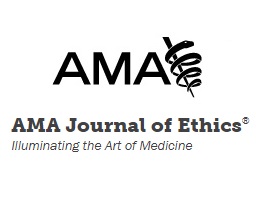
Professionalism is often viewed, in the management literature and in practice, as a desirable sought-after trait in employees and managers. This belief, however, does not consider a potential dark side of professionalism.
A high self-concept of professionalism often coexists with a shallow notion of the concept and can paradoxically lead to detrimental outcomes, such as greater unethical behavior and increased vulnerability to conflicts of interest. This article describes the circumstances in which this outcome is likely to occur and how workplace policies that rely solely on cultivating intrinsic values at the expense of monitoring and extrinsic controls may fail or have a contrary effect. It recommends integrating both intrinsic and extrinsic approaches together, and redefining professionalism as a deeper concept that includes a set of consistently repeated practices rather than a character trait.





